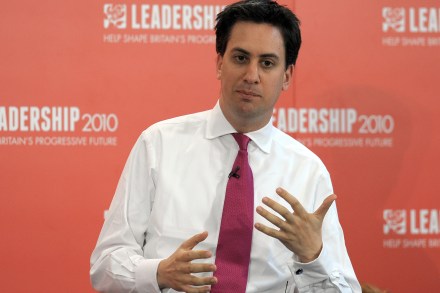An important couple of months for Nick Clegg
A week ago, I wrote that Nick Clegg had an important couple of weeks ahead of him. Now, the next couple of months are looking even more significant for the Lib Dem leader. An article in today’s Independent captures the tone of what faces him: in the aftermath of the Charles Kennedy defection talk, Lib Dems have been shocked into demanding more from their leader. As the paper puts it, senior Lib Dems are calling for “more policy ‘wins’ … to demonstrate to doubters in his party that he was delivering on Liberal Decocrat priorities.” Clegg probably hasn’t faced such sustained internal pressure since he defeated Chris Huhne to the




















